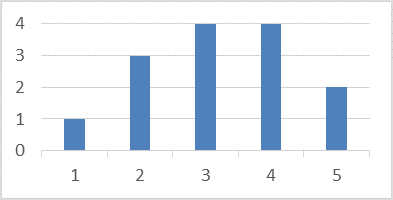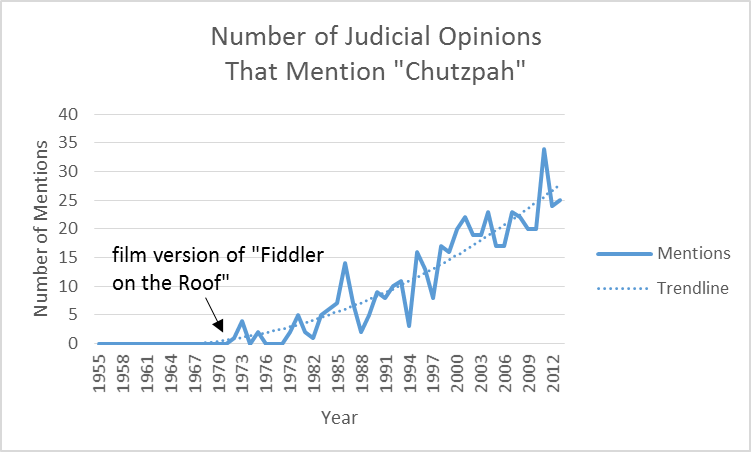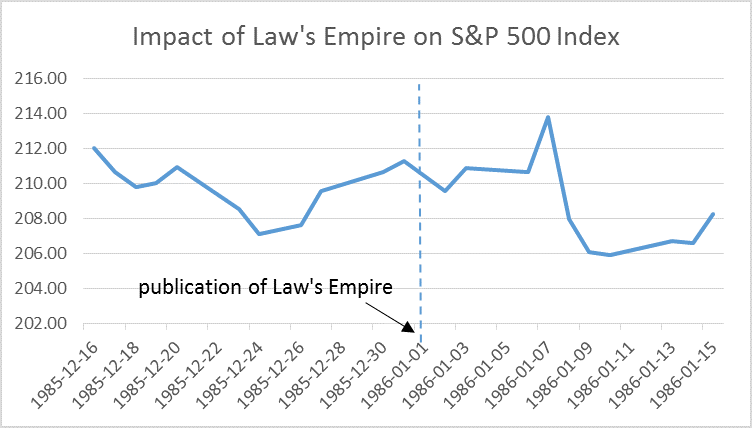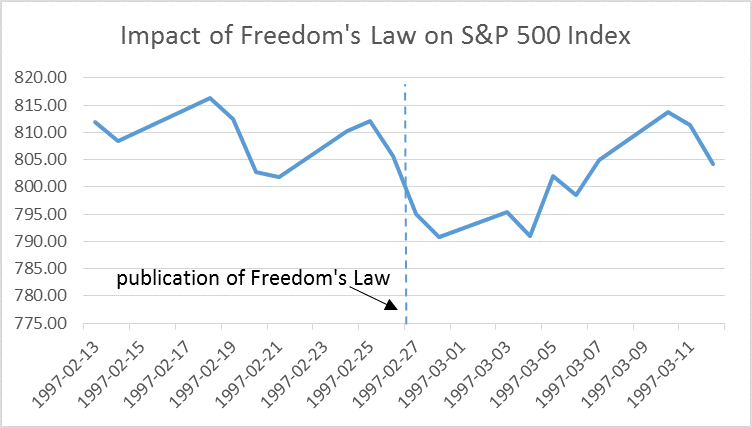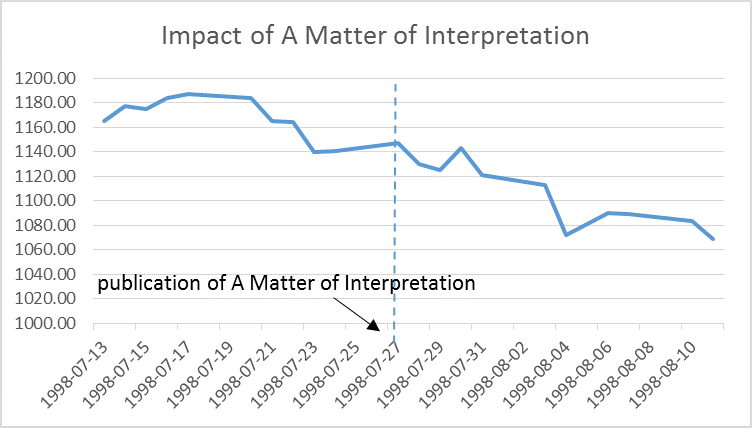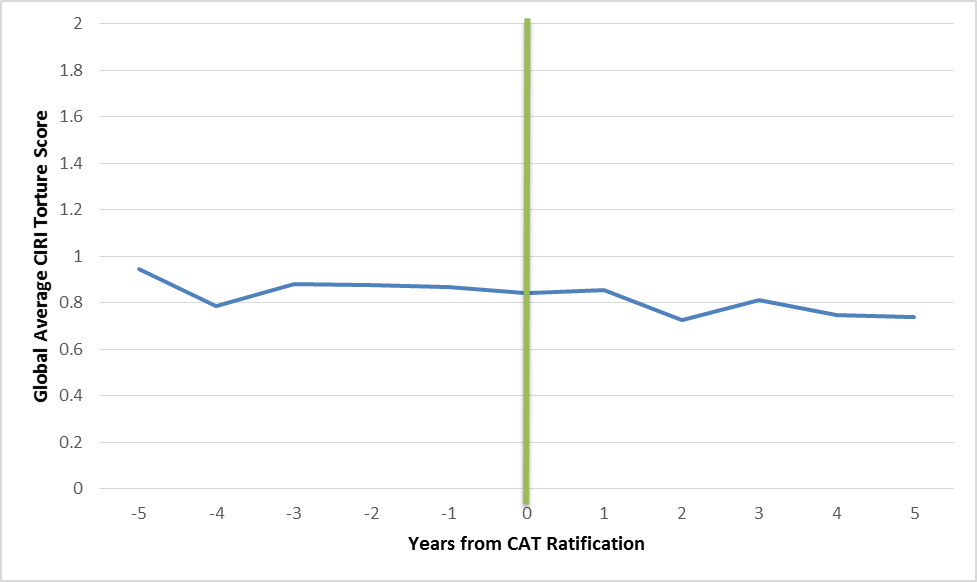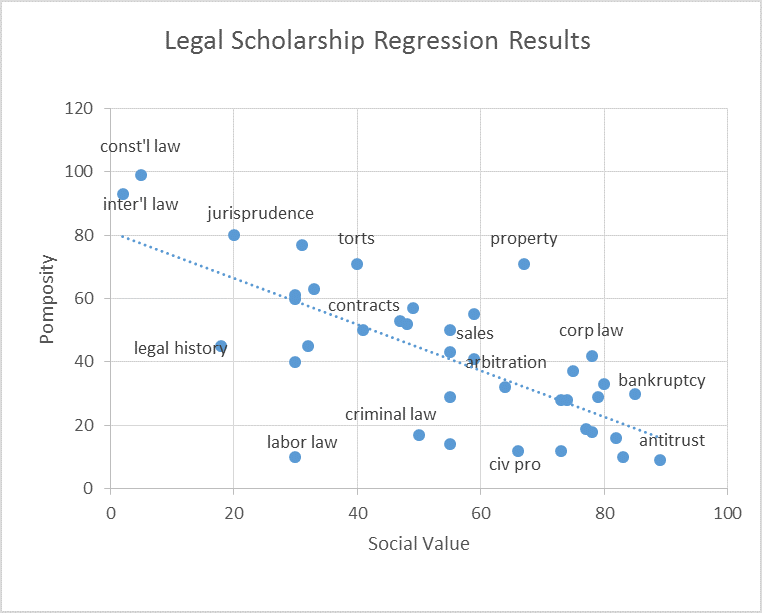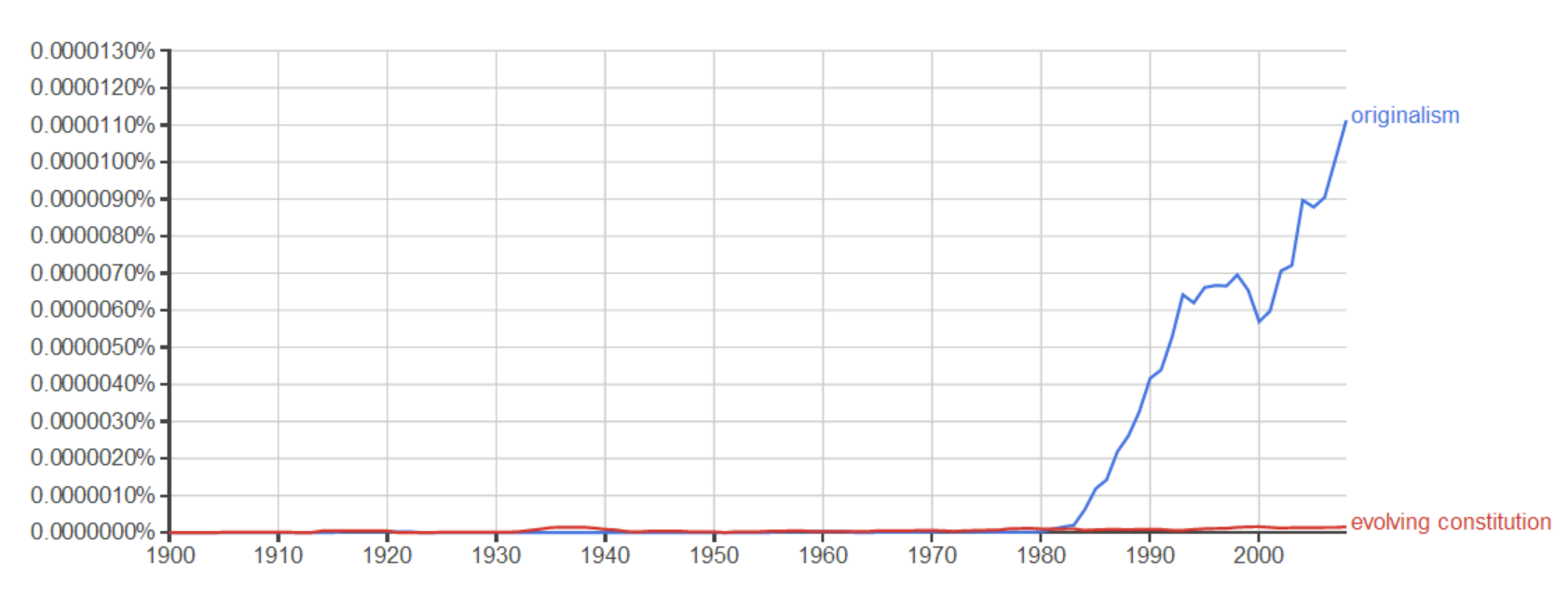For our first meeting of the originalism seminar tomorrow, we’re reading Heller, the Sunstein/Barnett debate, and the Brest article. Here are some (possibly leading) questions for students to think about ahead of class. If time permits, I will provide my own answers in a later post.
Heller
Does this case represent the triumph of originalism because both sides dwell on the original understanding of the Second Amendment or a failure because they don’t agree on what it is? One argument for originalism is that it constrains judicial discretion; well, does it?
Does Scalia or Stevens provide the better account of the meaning of the Second Amendment? One thing to ask yourself is how carefully you think the drafters of the Constitution chose these words, and whether the people who approved the Constitution thought about them as carefully as the Court implies. In this connection, my eye was caught by Scalia’s statement that “the fact that the phrase [‘bear arms’] was commonly used in a particular context does not show that it is limited to that context.” Sensible way to interpret a clause?
Do you think a historian who was conscientiously trying to figure out how people understood the Second Amendment would write the way Scalia and Stevens do?
Justice Scalia says Miller does not control the Court because it was not a thorough examination of the Second Amendment. What if it had been—but had come out the other way, like Stevens’ opinion? Would Scalia have decided Heller differently?
Sunstein/Barnett
What are the politics of originalism—and the politics of those who criticize originalism? Is originalism “conservative,” or, as Sunstein argues, “radical” (or “fundamentalist”), or neither? Note the disagreements about rhetoric as well as politics and law. Is it unfair to refer to a “Lost Constitution” or a “Constitution in Exile”?
What is their core disagreement about originalism? Notice that Barnett returns again and again to the question of judicial discretion, and Sunstein to the question of good outcomes (do we want to live under a Constitution that permits the government to discriminate on the basis of race and sex?). Do they engage? To what extent does the argument for originalism depend on the argument against its alternatives?
Brest
“The interpreter’s understanding of the original understanding may be so indeterminate as to undermine the rationale for originalism” (p. 222). Comment.
What entrenched and/or popular constitutional doctrines does originalism rule out? See p. 224 and refer back to Sunstein and Barnett.
What are the “ends of constitutional government” that a good theory of constitutional interpretation must serve, according to Brest? Do you agree with Brest that those are the ends of constitutional government? And how do they connect up with the Ely/Bickel approach that Brest commends?
